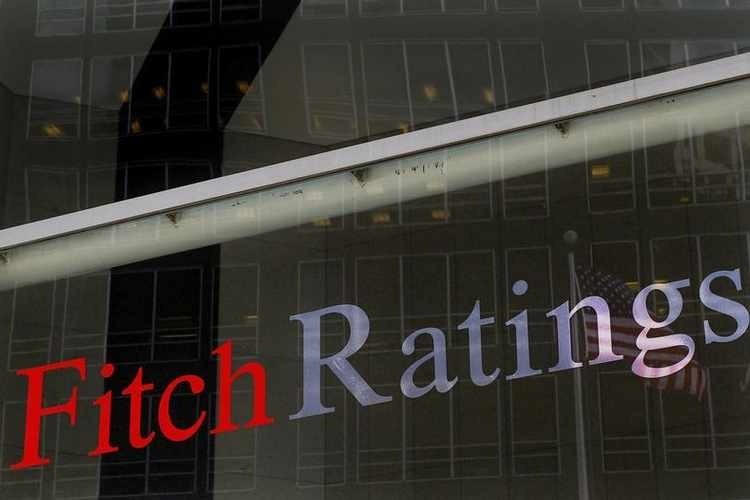
EU adopts new rules to significantly cut packaging waste with re-use targets
The European Union has formally adopted a regulation on packaging and packaging waste. The new ...

Fitch Ratings – a leading provider of credit ratings, commentary and research for global capital markets – said Egypt’s credit rating is at B+ with stable outlook despite the coronavirus crisis.
Egypt’s ratings and Outlook are supported by a recent track record of fiscal and economic reforms, policy commitment to furthering the reform program and ready availability of fiscal and external financing in the face of the COVID-19 pandemic.
The ratings are constrained by still large fiscal deficits, high general government debt/GDP and weak governance scores (as measured by the World Bank governance indicators), which underline political risks.
The coronavirus shock is negatively affecting Egypt’s external finances, GDP growth and fiscal performance. We currently view the shock as a material but possibly temporary disruption to what were previously strong positive trends. The reforms in recent years have provided Egypt with a degree of flexibility to weather this shock at its current rating. Nonetheless, the pandemic still presents risks to Egypt’s credit metrics depending on the duration of the global health crisis.
In a statement on Monday, Fitch said “We forecast real GDP growth to be 2.5% in the fiscal year ending June 2021 (FY21), well below average growth of 5.5% in FY18 and FY19. We expect growth to recover to 5.5% in FY22 and to be maintained at just over 5% in the medium term, assuming tourism gradually returns, further growth in the energy and manufacturing sectors and gradual improvements in the business environment. Similarly, following deterioration this year, we forecast improvements in the budget deficit, government debt and the current account balance in 2021-2022.
The pandemic has hit Egypt’s external finances, resulting in $18 billion (5% of GDP) of outflows from the local currency debt market, loss of tourism revenues – which were $13 billion in 2019 – and likely some decline in remittance inflows – which were close to $ 27 billion in 2019. The worst of the portfolio outflows appears to be over, with some renewed inflows reported in July.
The Central Bank of Egypt’s (CBE) foreign reserves and the net foreign assets of the banking sector declined by a combined $ 18 billion (5% of GDP) between February and June, despite net inflows of $8.6 billion (2.5% of GDP) from Eurobond issuance and IMF funds. Egypt received $2.8 billion under the IMF’s Rapid Financing Instrument and a $ 2.0 billion disbursement under the $ 5.2 billion 12-month Standby Arrangement agreed with the IMF in June. The decline in reserves partly reflects some exceptional FX intervention by the CBE to moderate the impact of the portfolio outflows on the exchange rate.
“We forecast the current account deficit (CAD) to widen to 5.0% of GDP in 2020 from 3.1% in 2019, with a decline in imports partially offsetting slashed tourism revenue and an assumed 20.0% decline in remittances. Net FDI will also decline. In 2021-2022 we assume smaller CADs averaging 3.6% as receipts recover from the coronavirus-induced trough.”
“We forecast the CBE’s official gross foreign reserves to fall to $37 billion at end-2020, slightly down from their current levels ($38 billion end-June), and from $44 billion at end-2019. In 2021-22 we forecast reserves to edge up in dollar terms, but to decline to around five months of current external payments, from close to six months in 2019.
“We expect Egypt to remain committed to its reform program. Since March, the government has announced fiscal stimulus totalling EGP180 billion (2.8% of GDP). At the same time, the government has increased a range of fees and is aiming to make some savings within the budget. The FY21 budget was targeting a 2.0% of GDP budget sector primary surplus, while the government is now aiming for a surplus of 0.5% of GDP.”
The European Union has formally adopted a regulation on packaging and packaging waste. The new ...
Inaugurating the Abydos Solar Power Plant in the Upper Egypt governorate of Aswan represents a ...
Businesses that fail to adapt to climate risks like extreme heat could lose up to ...


اترك تعليقا